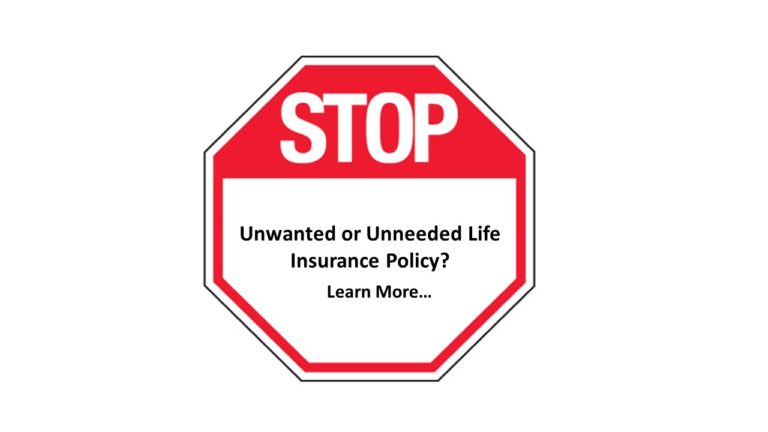Is Whole Life Insurance Right For You?
Whole life insurance is specifically targeted to consumers seeking high guarantees, tax deferred growth, competitive rates of return and and THE LOWEST NET COST LIFE INSURANCE COVERAGE. Whole life is often recommended for high net worth life insurance buyers who appreciate competitive internal rates of return.
Let’s consider some of the more common questions about Whole Life:
- Is whole life insurance right for you?
- Does Whole Life cost more than other types of coverage?
- Why does net cost matter so much?
- Which company offers the best Whole Life?
Is Whole Life right for you?
The best candidates for Whole Life are life insurance buyers who want and need guaranteed coverage for life and they can handle higher premium payments in the early years. The net cost of Whole Life is far superior to term insurance, challenging the misleading information that suggest term is cheaper. Whole Life insurance is one form of permanent coverage offering predictable outcomes and guaranteed results. It is not the right policy for short term needs or for people with limited budgets. Whole Life policies create cash value from your premium payments. The cash value growth is measured on two parallel tracks. One is on the guaranteed track and the other fluctuates through a variable dividend rate.

Does whole life cost more than other types of coverage? Yes and no. The premiums for whole life, in the early years, are higher than other types of insurance, such as term insurance or universal life. However, it is not inherently more “expensive” than other types of insurance. The higher cash outlays in the early years is what makes it appear to be more expensive. Over your lifetime, the net cost of whole life is much less than term insurance. The upside of these higher premiums in the early years is LOWER PREMIUMS or NO PREMIUMS later in life.
The net cost is the total premiums paid minus the cash value. Since whole life builds cash value within the policy, it stays inforce for life. Whole Life policyholders have coverage that never expires if premiums are paid as planned. Their premiums never increase and their policies are often flush with cash that can be used in a variety of ways.
The monthly payment for a 5-year car lease requires more cash flow than a monthly payment for a 3-year lease assuming you are leasing the exact same car. Does that make the car more expensive for a 5 year lease? Of course not. The same logic applies with permanent life insurance. While cars depreciate, insurance policies appreciate. To say whole life is more expensive insurance by definition may be misleading and simply not accurate. Pundits like Dave Ramsey and Suze Orman have rather sophomoric ideas about permanent insurance. They do not have professional designations or practical insurance experience, in my opinion.
Cost is one critical factor to consider when selecting a life insurance plan that best suits your individual needs. You can compare the approximate net cost of different policies by simply measuring the total premiums minus the total cash accumulation at different intervals.
Whole Life vs Term Insurance. Here are some advantages:
- Policy Duration. With whole life, you are insured for life. As long as your premiums are paid, you’ll be covered, whether you’re fifty or ninety. Term life ends at a certain age leaving you without vulnerable if you need or want coverage to last longer. We tend to underestimate our desire for lifetime coverage when we are younger.
- Whole Life accumulates tax deferred cash value. Cash value grows tax-deferred, like an IRA. You can borrow or use the cash on a tax free, low cost basis.
- Future premiums can be paid from the cash value.
- Flexibility. The cash value is protected from market fluctuations. The interest is tax-deferred and there are no limitations on contributions. You will likely earn dividends on the cash value as discussed earlier.
Which Company Offers the Best Whole Life Policy? There are only a few companies remaining that are dedicated to creating and managing Whole Life products. There is competition among them and each has developed niches where they excel. The process of buying a suit is a good analogy to the process of buying a Whole Life policy. A good suit is customized or tailored to fit you perfectly. The same is true when buying a Whole Life policy. There are many factors to consider, including which company and which product you choose. No one insurance policy is going to be perfect for everyone.
By doing your research and working with experienced professionals that represent the entire market, you will come close to finding the best policy to suit your needs at this point in time.
Please contact me at 561-869-4500 or complete the contact form on this site to schedule a complementary discussion or look me up on https://www.advisorycloud.com/profile/Ted-Bernstein
Also published on Medium.







